Partners
Nakladatelství Dr. Josef Raabe (Czech Republic)
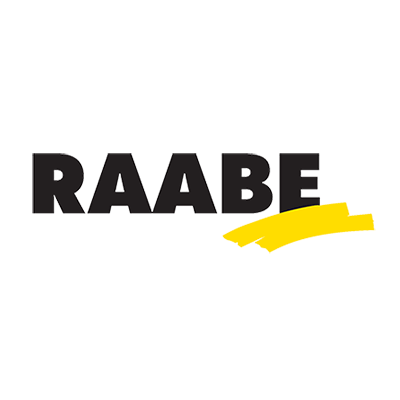
Publishing House Dr. Jose Raabe, Ltd. was established in 1996 and has proved itself as a leading provider of a variety of education products, focusing on the development of learning materials for school leaders, teachers and students.
In its portfolio, the company has more than 630 specialised publications and during the last few years, developes mainly training materials for educators. Publishing house also offers accredited programs for teachers at first and second level of primary education, as well as for school managers. It also facilitate targeted discussions between education leaders and other professionals on high priority issues at national and European level, through organising professional conferences and workshops.
Company successfully performed the GSS and WELCOME projects, funded under the Erasmus+ programme. The GSS project (2015-2018) was aimed at increasing ECEC teachers’ competencies to evaluate and address adequately children’s level of skills and maturity prior to entering into primary school education, thus ensuring a smooth transition.
Charles University in Prague (Czech Republic)
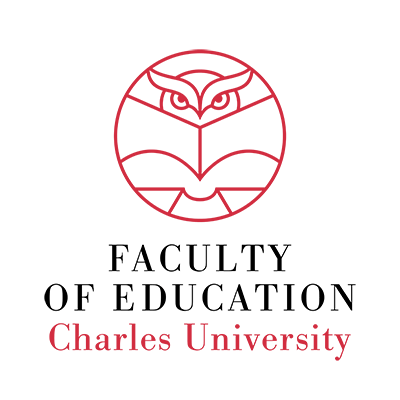
Univerzita Karlova was founded on 7 April 1348 by Charles IV and is one of the oldest European universities. There are currently 17 faculties at the University, plus 3 institutes, 6 other centres of teaching, research, development and other creative activities, a centre providing information services, 5 facilities serving the whole University, and the Rectorate Today the University has over 53,000 students enrolled in more than 300 accredited degree programmes that offer over 642 different courses.
The Faculty of Education at Charles University was established in 1946 and is actively engaged in international collaboration. After 1989, it participated in several European and is currently involved in some ERASMUS+ KA1, KA2, KA3 projects, AKTION activities, Visegrad programme, etc. For its international activities in teaching and research, the Faculty of Education exploits bilateral agreements; the Faculty figures in about 60 bilateral agreements of Charles University, the most wide-ranging collaboration is developed with universities in Germany, Poland and Slovakia. The faculty has created a concept of study with an emphasis on quality personal and professional development of students in order to prepare them best for a progressive conception of school education.
The Department of Pre-Primary and Primary Education has a leading position among the faculties preparing teacher nationwide. Most of the teachers are highly-respected personalities in their field of science, who simultaneously care for a high-quality teaching of students with emphasis on partnership and cooperation in teaching, active methods of teaching and self-reflection.
Faculty kindergarten with special care in Prague (Czech Republic)
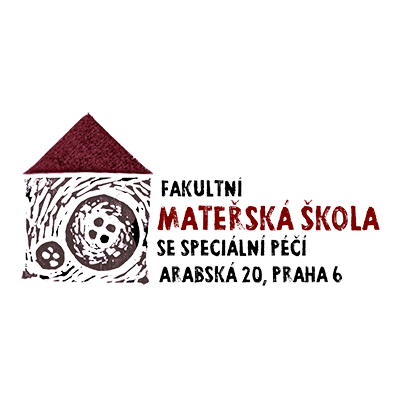
Kindergarten Fakultní mateřská škola se speciální péčí is located in Prague 6 and offers children-friendly and spacious environment. It is targeting children between the age of 3 and 6. The capacity of the kindergarten is up to 115 children. Children (including the children with special educational needs) are divided into five age heterogeneous classes. The educational program of each class is based on the philosophy of the school. Each class is specific with regard to the focus and equipment of its teachers and the facilities. There is also one special class in our kindergarten for children requiring special care.
The kindergarten focuses on inclusive education, using creative drama-education methods. The kindergarten includes “The special pedagogical centre” and has a status of „ Faculty school“ (providing the option of practice for students from the Faculty of Education at Charles University, Prague), so the teachers in the kindergarten are therefore constantly educated in the field of mentoring, coaching and conducting reflective interviews.
Parents are encouraged to be active contributors to the education process. Through a Parents CLUB, they significantly contribute to the vision and mission of the kindergarten.
Kindergartens Kopřivnice (Czech Republic)
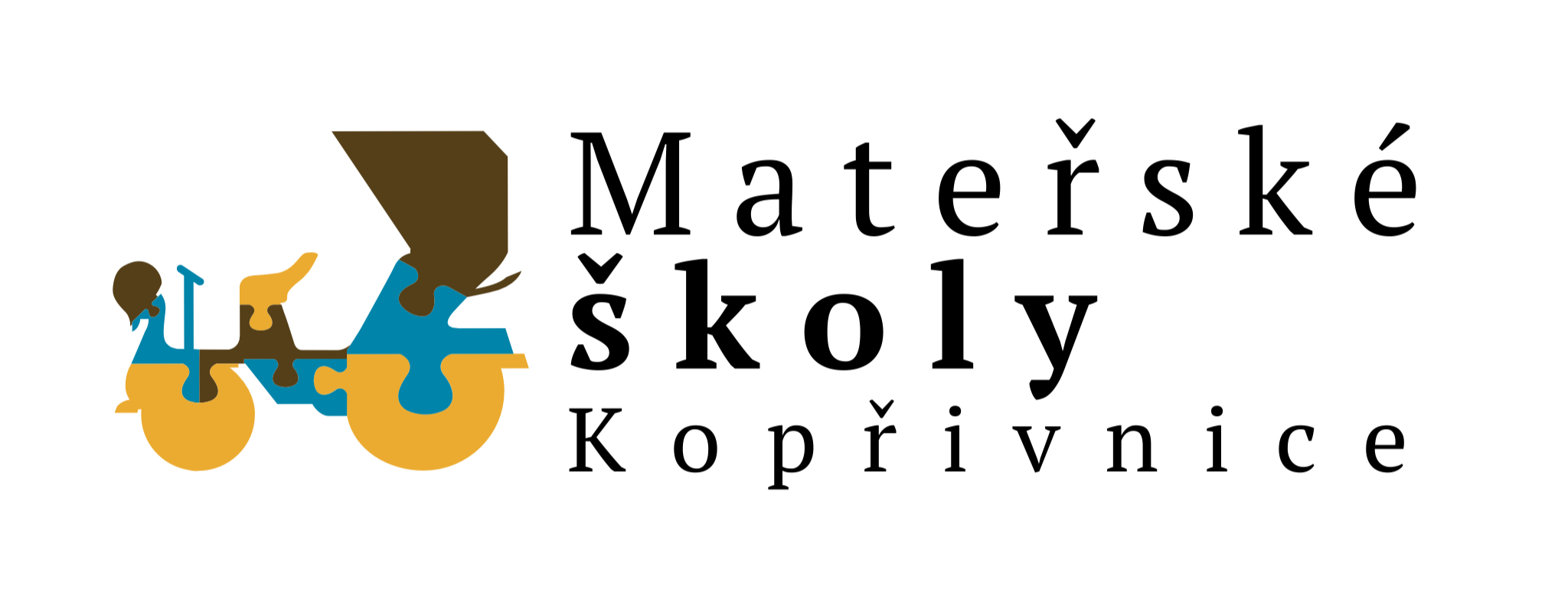
The founder of Mateřské školy Kopřivnice p.o is the City of Kopřivnice. The “MŠ Kopřivnice” includes 9 kindergartens, 7 of which are located in the town of Kopřivnice and 2 are located in the Kopřivnice’s suburbs: Lubina and Mniší. The kindergartens together have a capacity of 688 children. Each kindergarten has its own school canteen and garden.
Kindergartens are usually attended by children between the ages of 3 and 6, but they have children at the age of 2 as well. Since 2005 they have focused on working with gifted children and their parents, they educate preschool teachers in the field of working with gifted children.
The kindergartens has been involved in many project: Since 2005, in the internal project of educating gifted children, since 2018 in the “CESTA” project, which is co-funded by the European Union.
Since 2013, the MŠ Koprivnice are applying the inclusive education approach, focusing on programs to prevent the secondary consequences of children´s disabilities, working with children with a different mother tongue, educating children from disadvantaged social background.
Catholic University in Ružomberok (Slovakia)
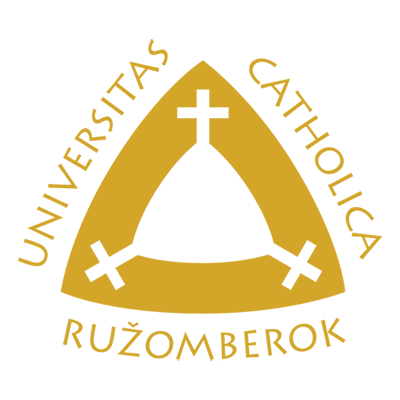
The Law of the National Council of the Slovak Republic from 10 May 2000, established the creation of Catholic University from the 1 April 2000, with two faculties: a Faculty of Pedagogy and a Faculty of Philosophy.
Catholic University performs its activities especially in the areas of the humanities, historical, pedagogical, and social and health sciences, as well as in the areas of art, economics, management, and law. The Catholic University in Ružomberok consists of four faculties and there are 4,103 students.
The Department of Preschool and Elementary Education is established at the Faculty of Education. It provides teaching of subjects in the field of pre-school and elementary pedagogy and focuses on the education and shaping the students and leads them to the knowledge and ability to reflect the problems of contemporary society. The Department established cooperation with the school diocesan offices as well as other centers of educational science in Slovakia and abroad. Through its activities, it provides in-service training to nursery schools, school clubs, leisure centers and primary education teachers to achieve the required qualifications.
Kindergarten Riadok in Ružomberok (Slovakia)
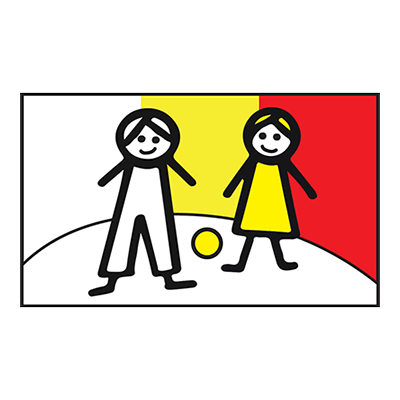
Kindergarten “Riadok 4” is located in the center of Ruzomberok and was founded in 1990 by the town of Ruzomberok. It operates in line with the State educational program for pre-primary education and a School educational program “Stonožka objavuje svet”. The kindergarten includes 6 classes for children aged three to six years and also children with postponed compulsory education. The kindergarten is attended by 117 children in total. There are twelve qualified teaching staff and ten operating staff in the kindergarten.
The kindergarten supports the development of children in the area of socio-emotional, intellectual, physical, aesthetics and develops abilities and skills, and also creates prerequisites for further education. The kindergarten prepares children for life in society in accordance with the individual requirements of every child. The kindergaten traditions are based on the school’s focus on maintaining healthy lifestyle, the kindergarten organizes skating, skiing and swimming courses, fitness exercises in the fitness gym in the age classes of 5–6 years of age. The school is also involved in a project run by the Municipal Police in Ružomberok.
The teachers’ role is the kindergarten is to facilitate the educational process and to support the children to be independent and to draw their own conclusions. The School Educational Program is based also on activity-based teaching, which playfully contributes to the development of elementary foundations of the key competences of a preschool child. The kindergarten have also developed a project for the development of financial literacy focused on development of financial literacy in preschool age. Children gain basic information while practicing vocabulary, pre-mathematical activities and other arithmetic, artistic expression, as well as developing social competences.
P7 – UNIVERSITY OF MARIBOR FACULTY OF EDUCATION (SLOVENIA)
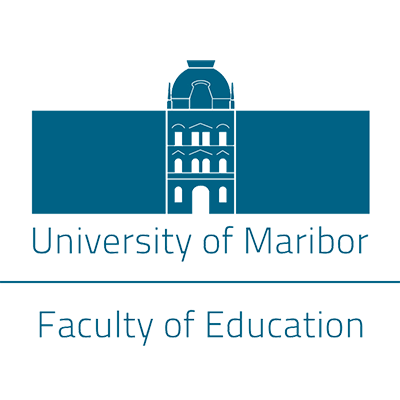
The University of Maribor is the second largest Slovenian public university with more than 13.000 students and around 1.000 of academic staff. It is striving for excellence in education and increase of knowledge with the help of applicative and basic research since 1961. It is carrying out study programmes at all levels, undergraduate, postgraduate, and the PhD level.
The participating faculty in this project, Faculty of Education develops study programs for teachers at different levels and engages in scientific research in pedagogy and education related areas. International cooperation includes short-term mobility (mainly Erasmus, but also Norway Grant Mechanism and CEEPUS) and long-term collaboration through European projects (European Social Fund, Horizon 2020, Erasmus+ Strategic Partnerships, Credit Mobility, Capacity Building in the Field of Higher Education).
In the last 5 years, the Faculty of Education has participated in a number of national, international end EU projects, in various fields: innovation of the high education institutions, harmonization of curricula for ECEC teachers, development of the study programs for young foreign language learners, ICT education development, establishment of the centre for open innovations, development of educational modules for students of ECEC etc.
KINDERGARTEN IN MARIBOR VRTEC STUDENCI MARIBOR
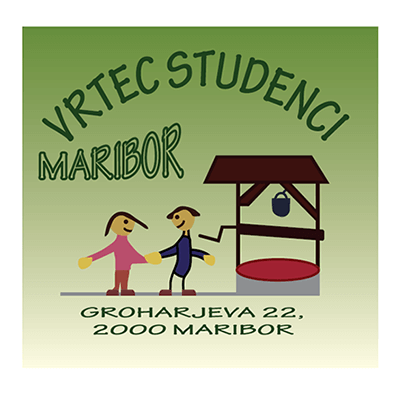
Kindergarten Studenci Maribor is a public institution, and was founded in 1971. It is situated in Maribor, second largest city in Slovenia. The Kindergarten has 6 units in a different location, Studenci, Radvanje, Pekre and Limbuš and is available to children between the age of 1 and 6. The capacity of the Kindergarten is 580 children and 34 groups. The number of teachers in an institution is around 75. The focus of pedagogical work in the kinteragrten is is based on the state curriculum for early childhood education. The kindergarten focuses on the development of children’s optimal potential and implements many projects and events together with parents and other family members.
Teachers from the kindergarten regularly attend various courses and workshops. They are also applying contemporary didactical methods and strategies, and also researching for new approaches. The teachers are also mentors to students from the Faculty of Education during internship. The participation is part of a mutual cooperation.

